The US Supreme Court’s decision to overturn Roe vs Wade is an act of violence against women and girls, which will serve to limit women’s access to education and employment, their freedom of movement, their economic well being, their voice in civic and political life, and their autonomy over their own bodies.
...- Home
- |
- Author: Laurie DiBenedetto
